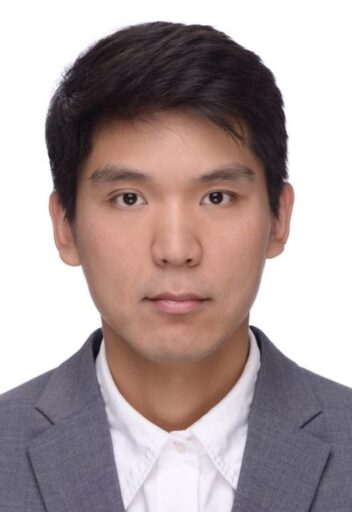PhD Student in Civil Engineering

Yuxuan Yang is a PhD candidate and research assistant at the University of Technology Sydney. His research focuses on the chloride durability of concrete and the mechanisms and characteristics of chloride-induced corrosion, particularly in low-carbon concrete using fly ash and slag. He also has experience in microstructure simulation analysis of concrete durability and possesses strong programming skills.
Transport for NSW, Cement Concrete & Aggregates Australia
University of Technology Sydney
Prof Vute Sirivivatnanon, Dr Paul Thomas, Dr Tran Vu, Mr Trinh Cao
Selecting Low Carbon Concrete for Transport Infrastructures – Now and Future
The project aims to advance sustainable concrete construction by establishing a framework for the use of optimum low-carbon concrete based on existing specifications and evaluating the feasibility of innovative low-carbon concrete systems. By expanding its concrete specifications, we can promote concrete with optimised performance in terms of embodied carbon without altering existing design service life requirements. This aligns with the NSW Government’s objectives to reduce embodied emissions, increase the use of fly ash, and incorporate more recycled content in government procurement. The adoption of low-carbon concrete, which maximises fly ash and recycled materials, is a key enabler of these goals. It enhances sustainability in infrastructure projects by reducing carbon footprints and supporting circular economy practices, ultimately contributing to a more environmentally responsible construction industry.
The reason I participated in an industry-led project is that I hope my research can be applied in real-world scenarios to fully realise its value. Collaborating with industry ensures that my work remains relevant and addresses practical challenges, enhancing both its impact and applicability.
I aim to establish the intrinsic connections and correlation analysis among widely adopted concrete chloride durability test methods in Australia and further explore the mechanisms and characteristics of chloride-induced corrosion.
I hope to enter the industry after completing my PhD, maximising the application of my research findings to real-world problems. Additionally, I will continue my research on concrete chloride durability and induced corrosion, but with a stronger focus on practical applications.
I am working to maximize the use of industrial by-products such as fly ash and slag to reduce the embodied carbon in concrete and improve its chloride resistance. This work can effectively reduce carbon dioxide emissions in the construction industry and make a positive contribution to Australia’s efforts towards carbon neutrality and addressing climate change.
Notifications